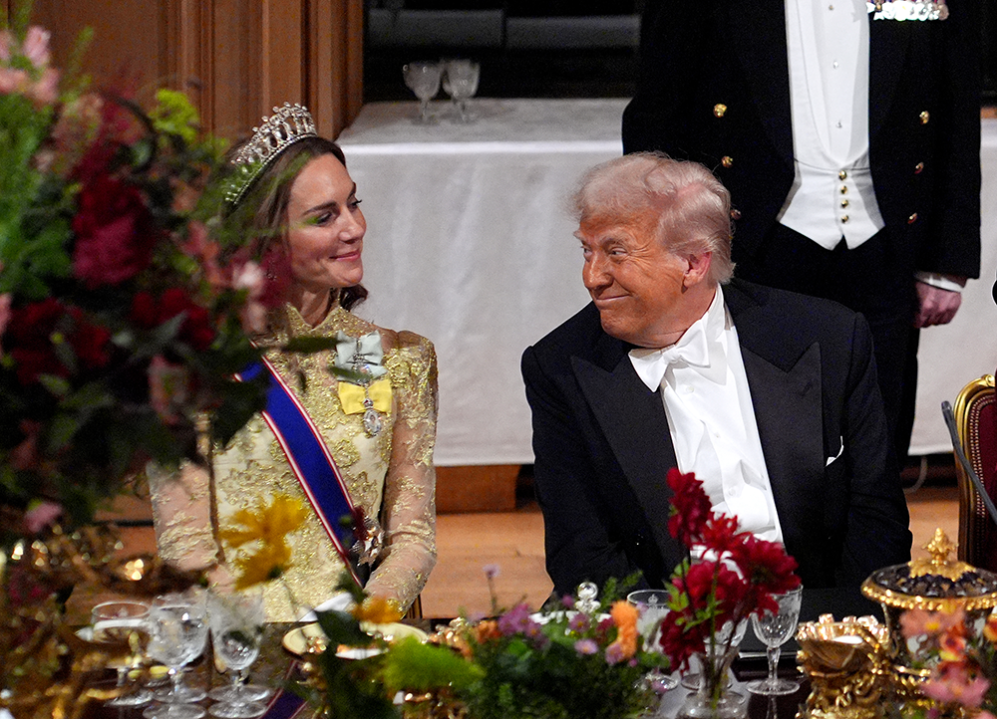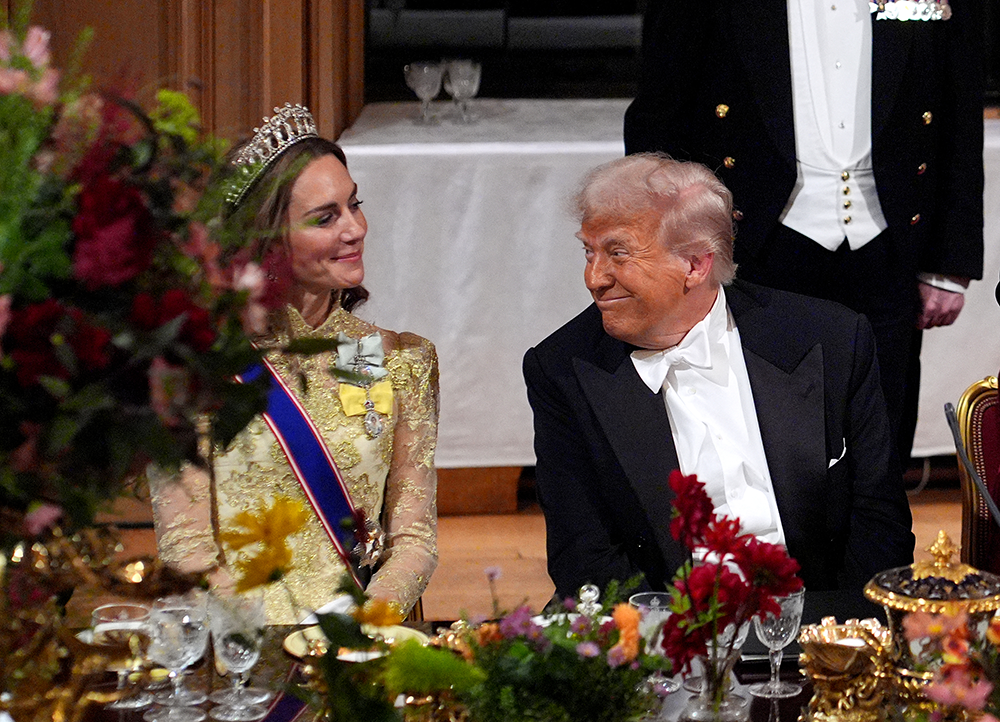
The Roman historian Tacitus commented that the visit of an Armenian king to Rome to clinch a deal in ad 66 demonstrated ‘that the king did not understand how we Romans value real power, but disdain its vanities’. What about Donald Trump’s recent visit, then?
The imperial powers of Rome and of Parthia (modern Iran) were cagily cautious of each other, and both sides wished to control Armenia, which separated the two. The Parthian king put Tiridates on the throne of Armenia to maintain local control, while Rome determined its foreign policy.
When Tiridates and his retinue arrived in Puteoli, Rome gave him a daily allowance of 800,000 sesterces, and a fabulous gladiatorial exhibition greeted him. In Rome, before huge crowds, with the whole city decorated with lights and garlands, Tiridates addressed Nero as follows: ‘I have come to you, my god, to worship you as I do Mithras. The destiny you spin for me shall be mine, for you are my fortune and my fate.’ Tiridates placed before Nero’s statue the royal crown, which Nero then placed on the Armenian’s head, to enormous cheers.
The celebrations continued in the nearby arena, which had been covered in gold and curtains of purple, featuring an image of Nero driving a chariot, to keep the sun off, and with a magnificent banquet at which Nero (of course) sang to the lyre and showed off his charioteering skills. Tiridates was loaded with gifts and cash to the tune of 200 million sesterces.
The Parthian king had also demanded that Tiridates should not be treated as a subject, but should receive a consul’s honours, be allowed to keep his sword and be welcomed by, and not kept waiting at the doors of, the great and good. But that Tiridates should be treated as if he were a member of the Roman elite was quite out of the question. Hence Tacitus’s remark.
Of Trump’s power there is no doubt, but he is a vain man and, amid the razzmatazz, what appealed most of all to him was the unspoken show of power demonstrated by the warm welcome of our apparently powerless ancient royal family… ‘vanities’ have their uses.








Comments